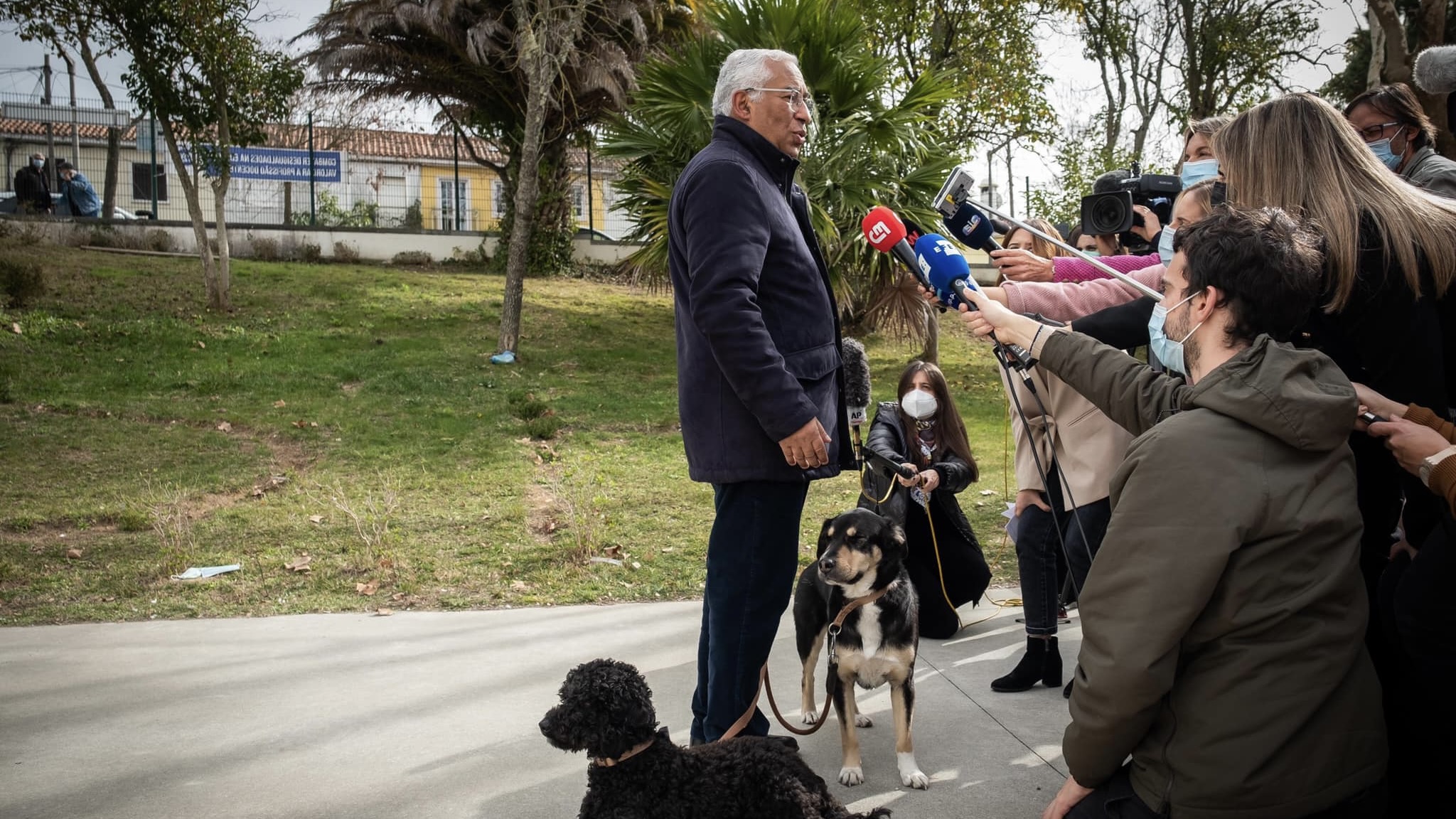In the general elections held to the Assembly of the Republic in Portugal on Sunday, January 30, the Socialist Party (PS) led by incumbent prime minister Antonio Costa secured a comprehensive victory by winning 41.7% of the votes and 117 out of 230 seats. The Social Democratic Party (PSD) emerged as the major opposition party, winning 76 seats and 29.3% votes. The elections saw a rise in the popularity of the far-right Chega (Enough) party which increased its tally to 12 seats from its previous score of one by securing 7.2% of the votes. Left-wing groups including the Unitary Democratic Coalition (CDU) led by the Portuguese Communist Party (PCP) and the Left Bloc (BE) faced a major setback. The PCP and the BE were confined to six and five seats, respectively, much less than their previous tally of 12 and 19 seats.
Portugal went for a snap poll after the opposition managed to defeat the PS-led minority government’s budget proposal in the assembly in November last year. The PS, under the leadership of Costa, has been in power in Portugal since 2015, initially with the support of the CDU coalition in its first tenure (2015-2019) and then as a minority government from 2019 to 2022. With the election results, the PS can form a single party-led majority government in the country.
Along with the setbacks faced by the PCP and the BE, the advances made by Chega are being viewed with concern by the progressive and working class sections in the region.
Chega was formed in 2019 under the leadership of Andre Ventura as a national conservative right-wing populist party. It won one seat in the Portuguese parliamentary elections of 2019. The party gained traction in the presidential elections held on January 24 last year, with Ventura securing 11.9% of the votes, close to the first runner up Ana Gomes (13%) supported by the PS. Incumbent president Marcelo Rebelo de Sousa from the PSD was re-elected in the first round itself with 60.7% votes. The rise of Chega which espouses Islamophobic, anti-migrant and Euro-sceptic views in Portugal – where far-right politics has seen marginal success compared to other European countries – is a worrisome development for left-wing forces.
Following the declaration of the results, PCP general secretary Jerónimo de Sousa said that the results of the legislative elections translate to an electoral breakdown for the CDU with significant losses for deputies. Even in this context, “the CDU reaffirms its determination to pursue and intensify intervention in defense of the interests and aspirations of workers and the people, solutions to national problems, the fight for a political alternative with the values of the April Revolution in the future of Portugal,” he said.





